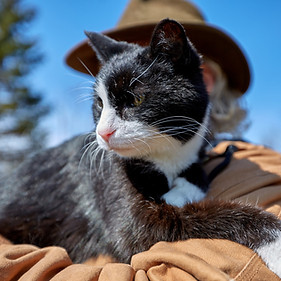


In Nature We Trust
Set in the heart of the Driftless region of Wisconsin, Rockwell Ridge Farm is our sustainable 50-acre farm focusing on permaculture. We raise Heritage Mulefoot hogs, Heritage laying hens and Guinea Fowl. We grow apples, pear, cherry and quince trees along with hazelnuts, wine grapes and a variety of berries. An extensive garden, that changes annually, contributes diversity to no only what we eat, but what the animals eat, and what we use in our prepared foods and baked goods.

Permaculture
We use “permanent agriculture” to create soil health through the microbiology that flourishes due to minimal soil disturbance (tilling). These trees and plants provide the foundation of our land:
-
28 varieties of apples (eating and cider)
-
5 varieties of pears
-
2 varieties of cherries
-
2 varieties of plum hazelnuts
-
4 varieties of wine grapes
-
Elderberries
-
Chokecherries
-
Strawberries, Raspberries and Blackberries

Agriculture Integrity
Our sustainable farm focuses on meeting the needs of our community without negatively impacting future generations through responsible farming. Focusing on soil health, water use, and general ecosystems, we are environmentally friendly. We grow many perennial crops to reduce the disturbance of the soil thus preserving the crucial microbiology that contributes to soil health. Our purpose is to provide you great tasting, nutritionally beneficial food that is grown and prepared locally to sustain your body and soul.

The Rockwell Ridge Farm Story
Although Cari grew up on a farm, we never imagined having our own when we met in Chicago in 2004. As an avid fly fisherman, I spent time in SW Wisconsin fishing many of the spring creeks. I fell in love with the natural beauty and vowed that if I ever lived anywhere else this would be it. Cari and I traveled frequently to Italy and fell in love with their regional approach to food. This inspired us to not only change the way we eat but to seek out a place where we could go back to the land and raise food the way it should be done. We bought the farm in 2008 and planted our first apple trees in 2009, and the journey began.





